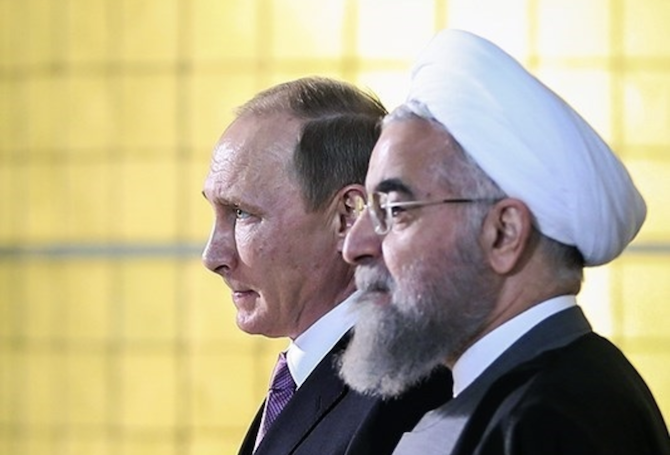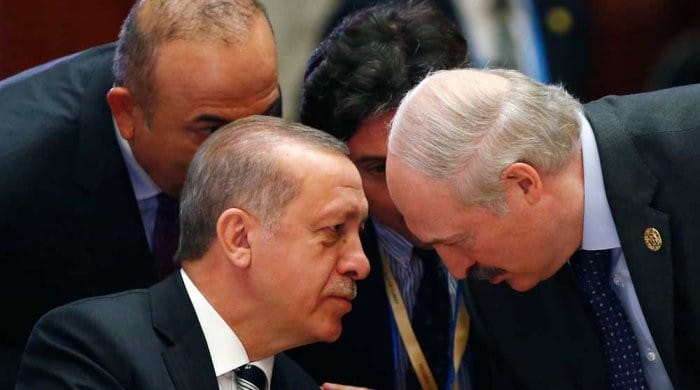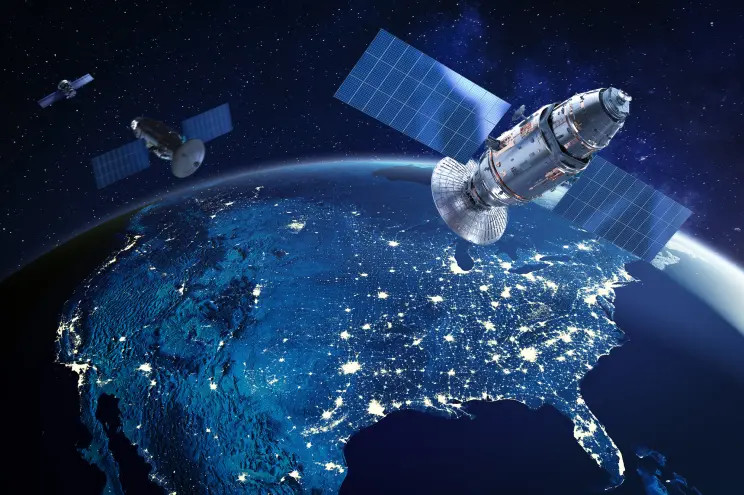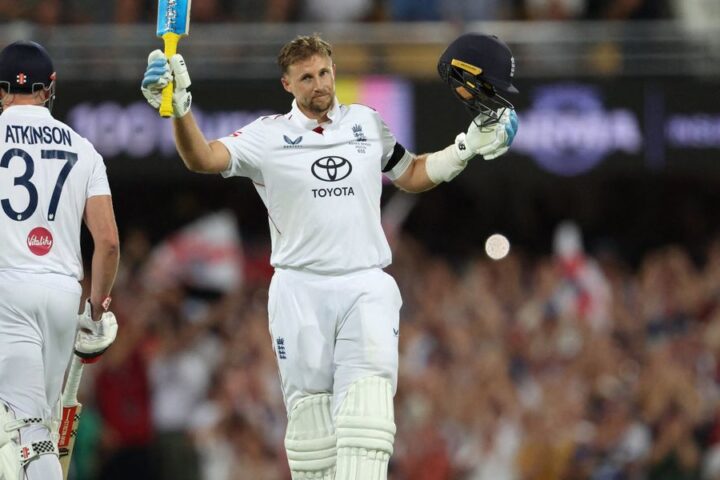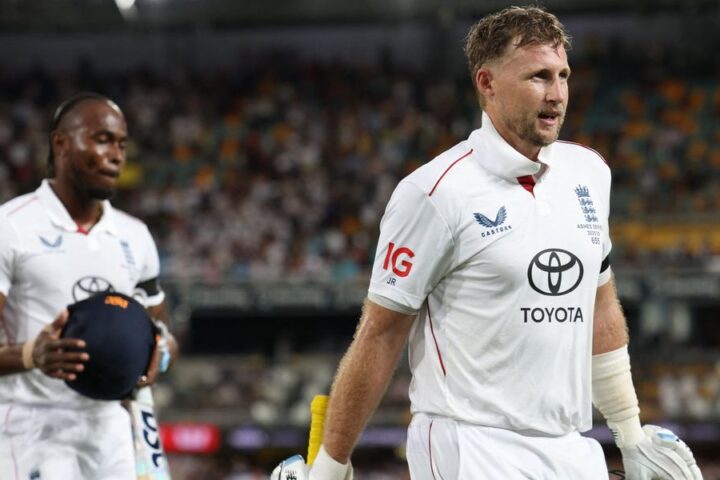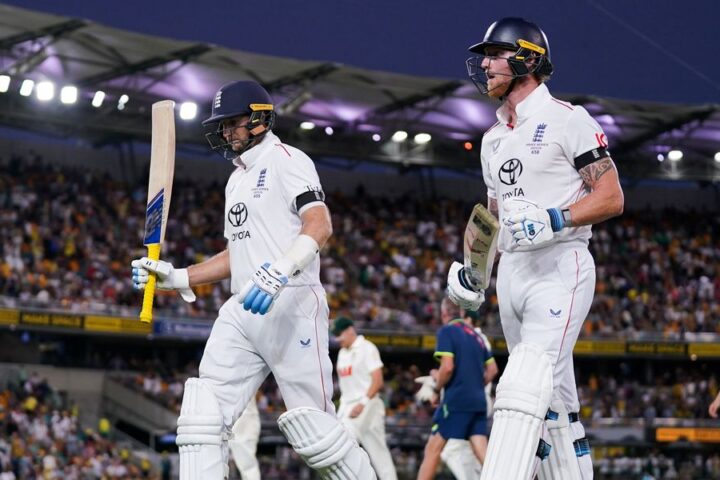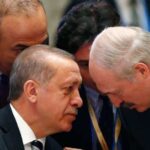In a dramatic twist amid rising Middle East tensions, Russia appears to have distanced itself from Iran, its long-time ally, right when Tehran needed support the most. While Moscow has long proclaimed a “strategic partnership” with Iran, recent developments suggest the alliance is crumbling under global pressure and internal weakness.
A Chilling Phone Call Between Trump and Putin
According to former US President Donald Trump, Russian President Vladimir Putin offered to mediate peace talks between Iran and Israel. But Trump’s blunt response — “Do me a favour, let’s deal with Russia first” — signalled clear disinterest in any Kremlin-led diplomacy. He added, “A lot of people have died, but I think things there will settle too.”
The Kremlin, through Putin’s spokesman Dmitry Peskov, denied any such call occurred. He claimed Trump likely referred to a prior conversation held three days earlier, one allegedly less “uncomfortable” for the Russian leader.
More details: agents.media, Nevzorov TV Telegram
A Shift From Power Player to Political Bystander
This episode illustrates a stark new reality: Russia no longer wields the clout it once did on the world stage. Trump’s curt dismissal reflected how Washington now views Moscow — as a diminished power, no longer capable of influencing major global events. It’s one of the most visible consequences of Russia’s ongoing military entanglements and growing international isolation.
Former US special envoy to Ukraine Kurt Volker recently noted that Trump’s strategy toward Russia may mirror his approach to Iran: apply tough diplomacy, offer a path to de-escalation, and if that fails — impose harsher measures. However, while Iran may face military options, Russia could soon be hit by deeper sanctions, particularly targeting state-owned banks, Rostec, Rosatom, and the operators of its “shadow fleet”.
Moscow’s Hollow Promises and Iran’s Realisation
Despite its loud declarations of “multipolarity”, Russia now increasingly plays the role of passive observer. The situation with Iran exposes the hollowness of Russia’s so-called alliances. When the heat rose, Moscow chose detachment over obligation, offering little more than vague calls for “de-escalation”.
This is part of a broader pattern. From Armenia to Belarus, Russia has consistently failed to back its allies when things get tough. Tehran, expecting overt support as violence escalated, instead watched Moscow shrink into diplomatic irrelevance.
Iran Eyes Oman: A Subtle Signal of Retreat
With Moscow’s silence growing louder, Iran has begun adjusting its tone. A recent visit by an Iranian delegation to Oman, aimed at exploring potential peace talks, is widely seen as a quiet first step toward a negotiated retreat.
And Trump’s vision for ending the conflict? No new nuclear deal, no parity, no multilateral formats — only Iran’s full capitulation, with future discussions limited to technical details of that surrender.
What we’re witnessing is not just a rift between two nations — but the further unraveling of Russia’s relevance in global affairs. As Putin speaks of “brotherly peoples” and a global anti-Western front, reality tells another story: Russia is abandoning its allies when they need it most.
